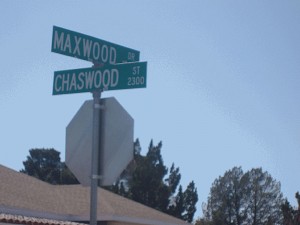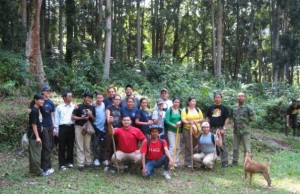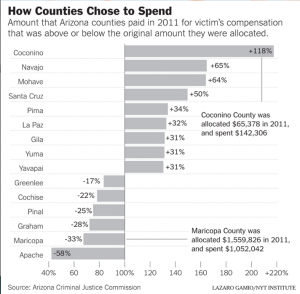A tale of friendship found and lost while looking for asparagus in Nogales
|
NOGALES, Az. – I drove across the border from Nogales, Arizona this past April looking for the fresh-cut, thinned-stemmed asparagus spears you can only get there. Having long ago made a personal rule to spend only pesos while in Mexico, my plan was to use my Bank of America’s debit card to withdraw pesos from the ATM at my “sister” bank, Banco Santander. Banco Santander has several modern, first-class, efficient branches in Nogales, Sonora, which is also known, hereabouts, as our “sister” city. I wanted those pesos to buy a couple of pounds of fresh-cut, thinned-stemmed asparagus spears sold by an enterprising fellow up from the farming community of Imuris, Sonora, 60 miles south.



